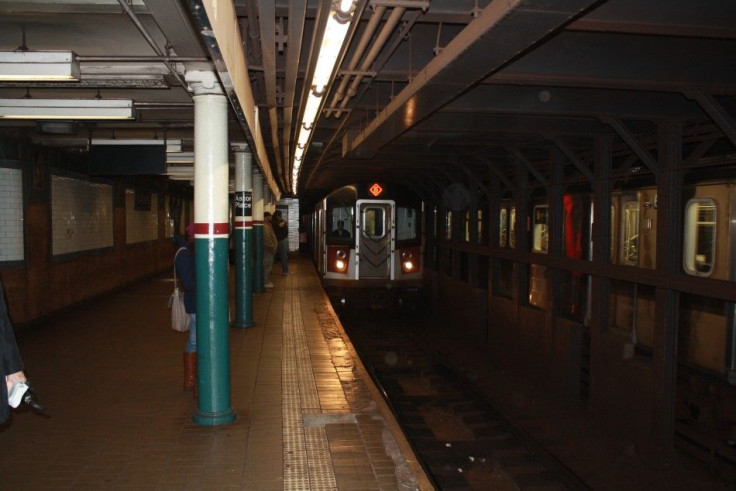MTA Second Avenue Subway: Is It Causing A Risk To Your Health?

According to a new report by the Occupational Safety and Health Administration, a serious safety violation has occurred at the Second Avenue subway. Construction at the Second Avenue subway has over three times the permitted amount of toxic dust levels.
Testing conducted on Nov. 9 at East 69th and Second Avenue found the high levels of silica, or hazardous dust particles, were the result of drilling construction. The latest information was released last week by New York Assemblyman Micah Kellner.
Upon discovering the findings, the OSHA has fined the three contractors working on the site -- Schiavone, Shea and Kiewet -- $4,250 for the health violation. An April 20 deadline has been set for the contractors to appeal OSHA's findings.
Documents obtained from OSHA by the New York Post said silica can cause incurable lung disease.
Short term, breathing in the toxic dusts can cause irritability to the throat, but the long-term effects are much more serious. Breathing in these toxic dusts over a long period of time can cause disability, difficulty breathing, chest tightness and cough, Robert Harrison, clinical professor at the University of California-San Francisco, told the Huffington Post.
Besides coughing and chest tightness, constant exposure of silica can lead to silicosis, a respiratory disease which is associated with lung cancer and respiratory failure. Respiratory failure results when not enough oxygen passes from the lungs into the blood, which affect the heart and brain.
According to the Post, the local community has complained about the air quality in the area for the last couple months. Respiratory problems in the area have been dubbed the Second Avenue Cough by some locals.
The MTA believes that despite the test findings there is no health risk, telling NBC New York that the silica under no circumstance impacts air quality at street level.
Kevin Ortiz, spokesman for the MTA, told NBC silica does not float in the air, but rather drops to the ground, so it is essentially impossible for it to impact the quality at the street level 100 feet above.
The Second Avenue subway is scheduled to open in 2016.
© Copyright IBTimes 2024. All rights reserved.












